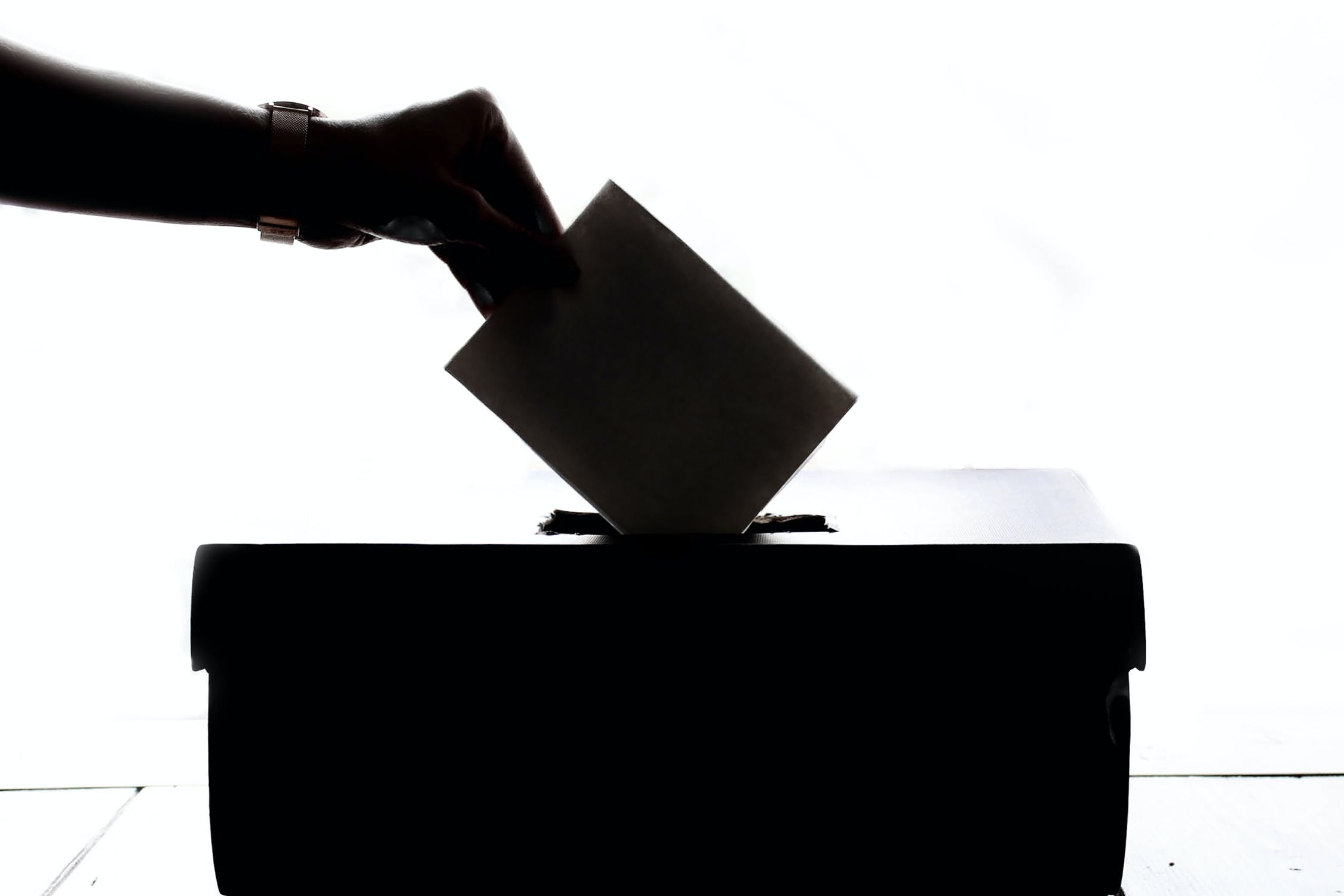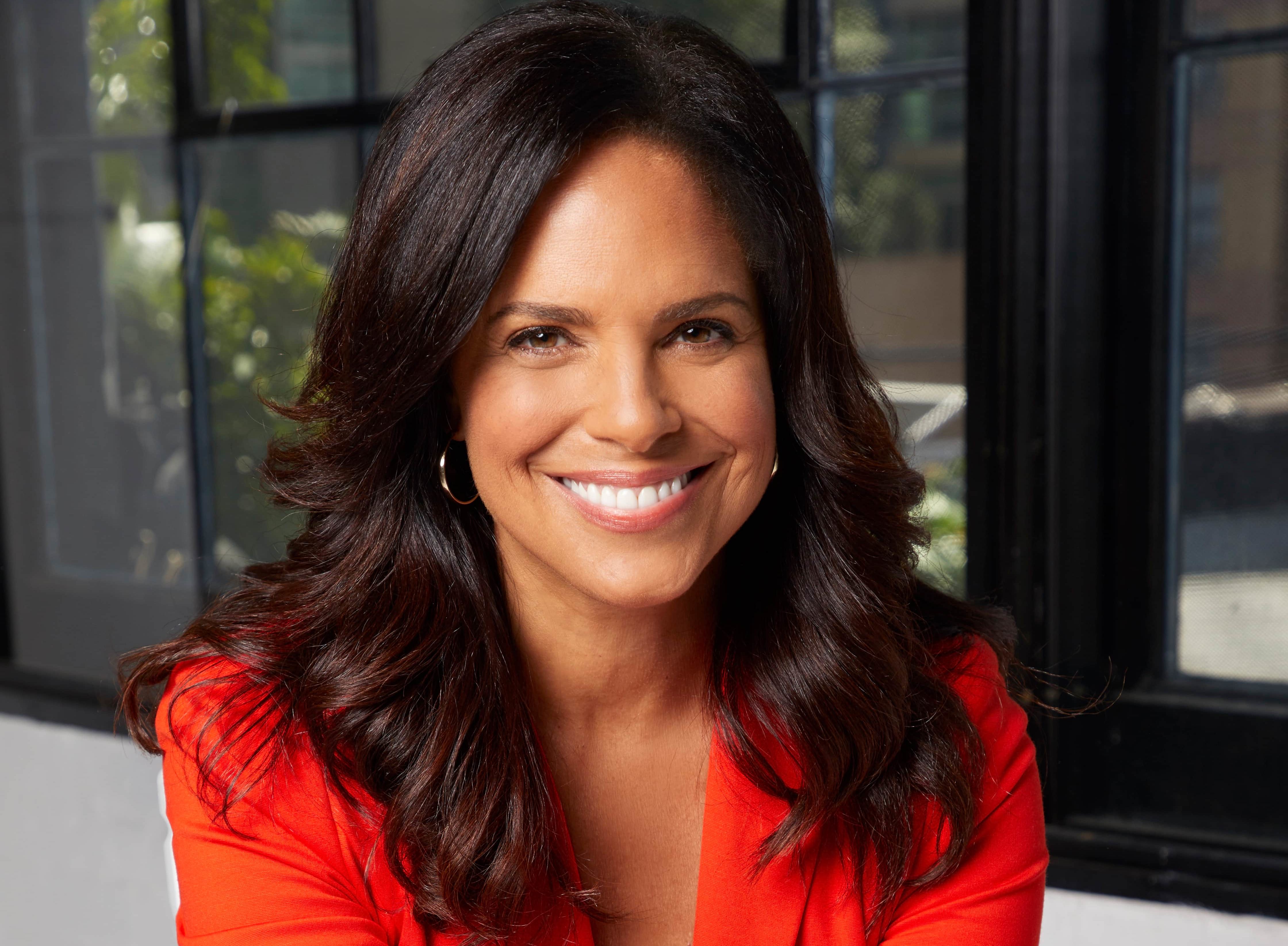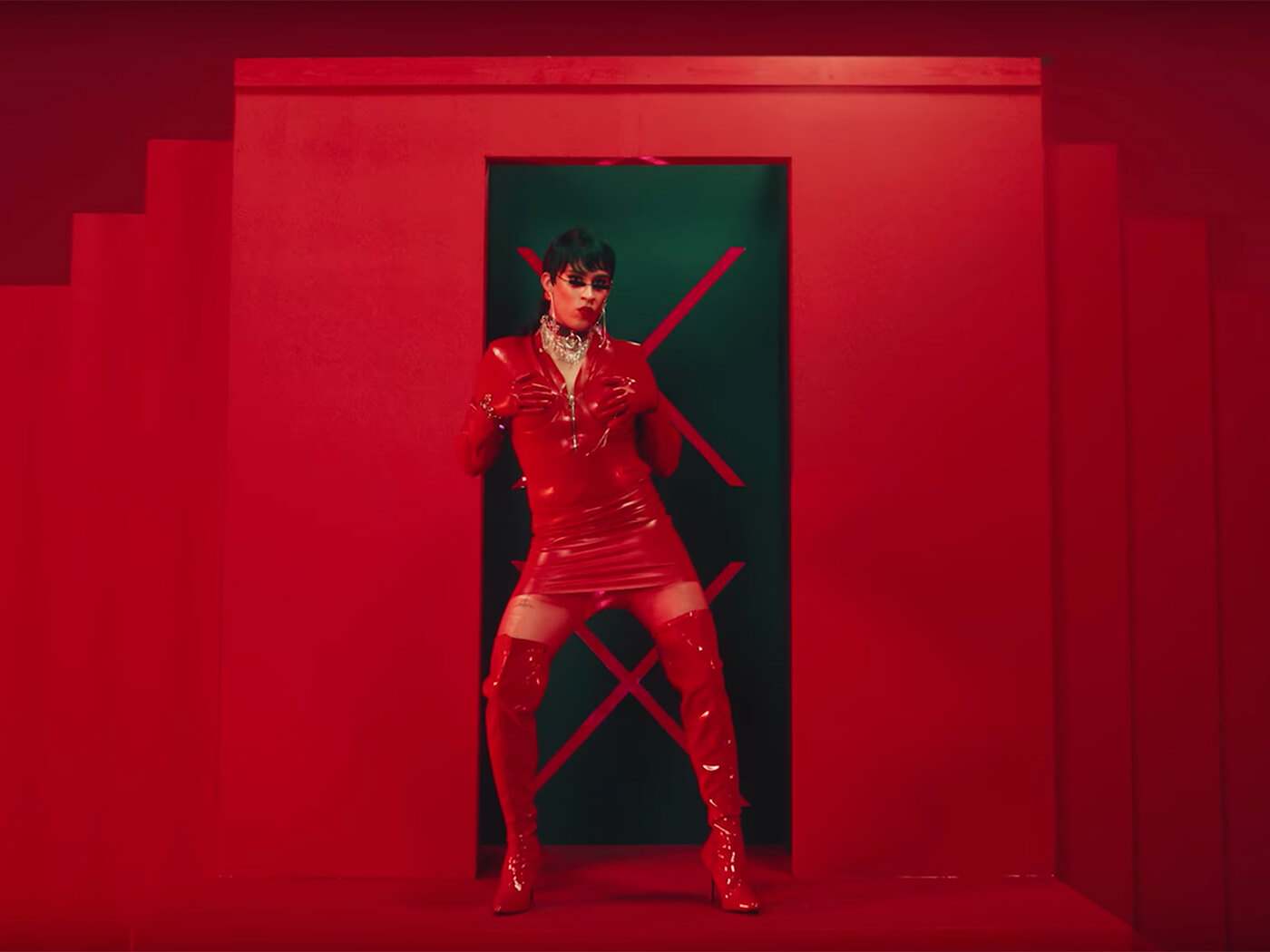The 2010s was a decade of cultural reckoning: we challenged problematic norms that went previously unquestioned and created social movements overnight. With the advent of “cancel culture” and the prominence of Twitter, the #MeToo movement sent a ripple effect of ramifications that brought down some of our most important icons. Beyond that, we contended with cultural appropriation and held public figures accountable for their disrespect: who can forget the dramatic undoing of Rachel Dolezal, the white “transracial” President of the NAACP, who became one of the most polarizing figures of the 2010s?
Below is a list of the top 10 “Do Better” moments of the past decade— times when celebrities and everyday folk didn’t catch on to the speed and direction of where our culture was headed— and simply got it all wrong.
R. Kelly sends all the signals but no one listens (2011)
R. Kelly, formerly beloved R&B singer, literally tried to recruit young women into his sex trafficking network during a concert in Ethiopia. The lyrics of his improvised and blatantly predatory song included the questions “did you get your passport?” and “did you get your shots?,” implying that he was ready to take girls back with him to the U.S.
Listen….R Kelly dead ass been using music to recruit and talk about his exploitation’s for decades and nobody in the music business ever tried to stop him? Dude was in Ethiopia performing a job interview pic.twitter.com/Yzka2u73SX
— Bald Black Cook (@BjwalkinRIVERS) January 6, 2019
The conversation
In a way, this “Do Better” moment applies to all of us- what the hell were we thinking? Why didn’t we cancel this man earlier? Unfortunately, a serious and widespread conversation did not happen until 2019, with the release of the Lifetime documentary “Surviving R. Kelly.” R. Kelly is now facing charges in several states and his downfall brought up questions around dealing with the cultural legacy of celebrities who turned out to be terrible people.
Miley Cyrus believes she can twerk (2013)
The 2013 release of Miley Cyrus’s her Bangerz album introduced the world to her new sexualized, bad girl image. Her videos for “We Can’t Stop”, and “23” (a collaboration with Mike Will Made it and Wiz Khalifa), were saturated with clips of Cyrus twerking, wearing grills, and not being able to keep her tongue inside her mouth. On stage performances during her “hip-hop” phase often included Miley enacting overt sexual activities with her Black backup dancers, promoting a certain idea of what Blackness looks like while also over sexualizing the Black female body.
The conversation
Hannah Montana’s 180 gave everyone who witnessed her gyrate while making out with hot dogs and wearing faux locs secondhand embarrassment. Her behavior during the Bangerz era exemplified how stereotypes of Black culture are perpetuated by white celebrities when they decide to “switch up” their look. Particularly problematic was Miley’s return to her country roots when she was tired of the bad girl persona, and the ease in which white privilege allowed her to appropriate and retire elements of Black culture when it was most culturally convenient for her.
Rachel Dolezal’s extinct edges (2015)
Former president of an NAACP chapter (who has legally changed her name to Nkechi Amare Diallo) convinced her colleagues that she was a biracial woman born to a Black father. She received an MFA from Howard University in 2002, and taught Africana Studies at Eastern Washington University. In a 2015 interview with NBC News Dolezal’s biological parents denied her claims, saying she is ‘just as white as they are.’ Dolezal has since identified as “transracial,” and is now making a living off touching Black people’s hair (she braids).
The conversation
Dolezal’s story was controversial for so many reasons. She goes to extreme measures in order to disguise herself as a Black woman, from using self tanner to getting box braids that are making her hairline recede. The very idea that “looking Black” is enough to feel what being Black is like is extremely problematic. On top of that, she made up an term, “transracial,” and equated it to transgender identities, which not only undermines the very real experiences of the trans community but also demonstrates her white privilege of being able to pick and choose how she wants to be seen.
Mary J Blige doesn’t want hateration or holleration in where?
A) Her home
B) At work
C) In cars
D) This Dancery #AskRachel— Sceezie Bone (@MikeSceezie) June 12, 2015
The Entire 2016 Presidential Election (2015-2016)
Donald Trump won the 2016 election despite the leak of his Access Hollywood grabherbythepussy tape, calling Mexicans “rapists” and mocking a disabled reporter.
The conversation
Since the election, Americans have been more divided than ever and any semblance of bipartisan cooperation feels like a pipe dream. Trump continues to use divisive rhetoric in his Tweets and says things like “my African American” and “shitthole countries.”
In July 2019, Trump suggested that Democrats of color such as Ilhan Omar and Alexandria Ocasio-Cortez— both American citizens— should return to their “crime infested places.”
….and viciously telling the people of the United States, the greatest and most powerful Nation on earth, how our government is to be run. Why don’t they go back and help fix the totally broken and crime infested places from which they came. Then come back and show us how….
— Donald J. Trump (@realDonaldTrump) July 14, 2019
Kanye West becomes BFFs with Trump (2016-2019)
Kanye West has always been known as a controversial figure, but his 2016 endorsement of Trump was the catalyst of his cancellation. Over the past few years Kanye has continued to publicly support Trump by meeting with him at the White House and proudly sporting his MAGA hat during performances. He’s even gone as far as calling Trump his “boy”, and saying that Black people chose to remain slaves for 400 years.
The conversation it created
The downfall of our once favorite rapper has generated conversations around Black conservatives, class solidarity, and mental illness. Despite being a Black man from Chicago, Kanye remains in the sunken place, distanced and detached from the impact of Trump’s presidency on Black and brown communities. Although it is not a justification for his ignorance, Kanye’s struggle with mental health has also been a topic of discussion, as we are quick to laugh at his foolishness without taking into consideration that he deals with bipolar disorder and depression.
Thank you Kanye, very cool! https://t.co/vRIC87M21X
— Donald J. Trump (@realDonaldTrump) April 25, 2018
Kevin Spacey “Comes Out” (2017)
In 2017, a New York Times article exposed Hollywood producer Harvey Weinstein for sexual assault and ushered in the #MeToo movement. The movement encouraged thousands of victims to speak out and among them was actor Anthony Rapp, who said he was 14 years old when Kevin Spacey made sexual advances at him at a party. Spacey initially denied the accusations, blaming alcohol for his indecent behavior and shorty after came out as gay on Twitter. In the following months, at least 20 young men spoke out against him, detailing similar encounters.
The conversation
Spacey’s “coming out” tweet did not sit well with the LGBTQ+ community online, since he seemed to use his sexual identity as a shield for sexual misconduct. Having previously denied all rumors of that he was gay, many felt he was propagating the stereotypes of gay and trans communities as being predatory. Being intoxicated or closeted does not excuse pedophilia. Also, did you ever watch his unhinged monologue?
Coming out as a gay man is not the same thing as coming out as someone who preyed on a 14-year-old. Conflating those things is disgusting
— Richard Lawson (@rilaws) October 30, 2017
Kendall Jenner ends Police Brutality with Pepsi Commercial (2017)
In 2017, Pepsi released an ad that co-opted several social movements including Black Lives Matter, starring the affluent white model Kendall Jenner ditching a photoshoot to offer a sugary drink to a cop. After widespread criticism, Pepsi pulled the commercial.
The Conversation
In a statement following the backlash, Pepsi wrote that the company was “trying to project a global message of unity, peace and understanding.” Throughout the commercial, the protestors don’t really seem to be protesting anything at all and their signs are filled with flat and generic messages like “join the conversation” and “love.” Critics argued that the ad trivialized the Black Lives Matter movement and activism in general, making it seem like a breezy and sexy thing people like to do for fun. The ad’s flop was a cautionary tale for any company trying to sell to the “woke” generation.
“YOU WANT DIET OR REGULAR PEPSI?” pic.twitter.com/DSEn5y5npv
— max chadwick (@maxcdesign) April 5, 2017
“BBQ Becky” and the Angry White Ladies that Followed (2018)
In 2018, a nice group of Black folk were having a barbecue and minding their own damn business at a park in Oakland, California when a white woman— disparagingly christened “BBQ Becky” by the savage Twitter masses— began harassing them and called the cops, swearing that they needed a “charcoal permit” (they did not). Becky followed the BBQers for a very long time and broke down crying, telling the cops that she felt ‘unsafe.’ The entire incident was caught on a cellphone camera and went viral.
The Conversation
BBQ Becky was the first of a series of racist internet celebrities that went on to include Cornerstore Caroline, Permit Patty, Pool Patrol Paula and a plethora of other white women who called the police on people of color for no good reason. These incidents popularized the hashtag #WhileBlack on social media, highlighting the sentiment that doing nearly anything “while Black”— from entering your own apartment building to having a cookout— could get you arrested in the United States. The policing of Black people in public spaces, particularly by white women, has a painful history; during the 19th and 20th centuries, thousands of African-Americans were lynched whenever white women accused them of sexual misconduct.
Who did this. pic.twitter.com/pD9FMDtRqE
— zellie (@zellieimani) May 13, 2018
The many movies that were “Whitewashed” (2010-2019)
By some measurements, this year was the most diverse in TV history, but that doesn’t mean that the Hollywood establishment has caught on. Even when telling the stories of communities of color, Hollywood has a terrible rep for casting white actors— also known as “whitewashing”— when there are a plethora of POC actors hungry to do the job. Sometimes the erasure is subtle— other times, blatant and in-your-face cringey.
The Conversation
When whitewashing happens, most people are just… confused. Why would a movie about the literal Great Wall of China star Matt Damon, the Denzel Washington of white people? Who cast Jake Gyllenhall to play the Prince of Persia? The unfortunate answer, many people feel, is that those making the big decisions don’t think American audiences will find people of color “relatable,” a racist myth that has been proven wrong time and time again.
Liam Neeson wants to kill Black people (2019)
Liam Neeson, the Irish actor best known for his role on Schindler’s List, told The Independent that he went through a phase of wanting to kill Black people (yes, any Black person) after his female friend was raped by someone who was allegedly Black. In a subsequent interview on Good Morning America, Neeson admitted that he would deliberately go out “to Black areas” looking to get into a fight so that he’d have an excuse to “unleash physical violence.” Yikes.
The Conversation
The fact that Neeson felt comfortable talking about his desire to hurt Black people— and was probably expecting to be applauded for turning around and checking his problematic behavior— raised questions about the “white redemption” complex and the expectation that people of color should always forgive, tolerate and gloss over racism. In his interview with Good Morning America, Neeson said that being racist “hurt him,” centering the conversation on himself while never acknowledging the fact that the violence he once sought to carry out has deep and painful implications for communities of color.
“I’m gonna lock the front door just in case Liam neeson’s in the area”
— Lil Haiti (@Blayofficial) February 6, 2019
https://www.youtube.com/watch?v=Zb8KEpkCdRo
Dishonorable Mentions
These moments didn’t necessarily change conversations, but they still deserve to be remembered.
Rebecca Black’s “Friday” (2011)
Iggy Azalea rapping gibberish 2015
Melania Trump rips off Michelle Obama’s speech (2016)
Fyre Festival (2017)
Azealia Banks says Grimes smells like ‘a roll of nickels’ (2019)

Written by Abigail Castillo and Ian Kumamoto






